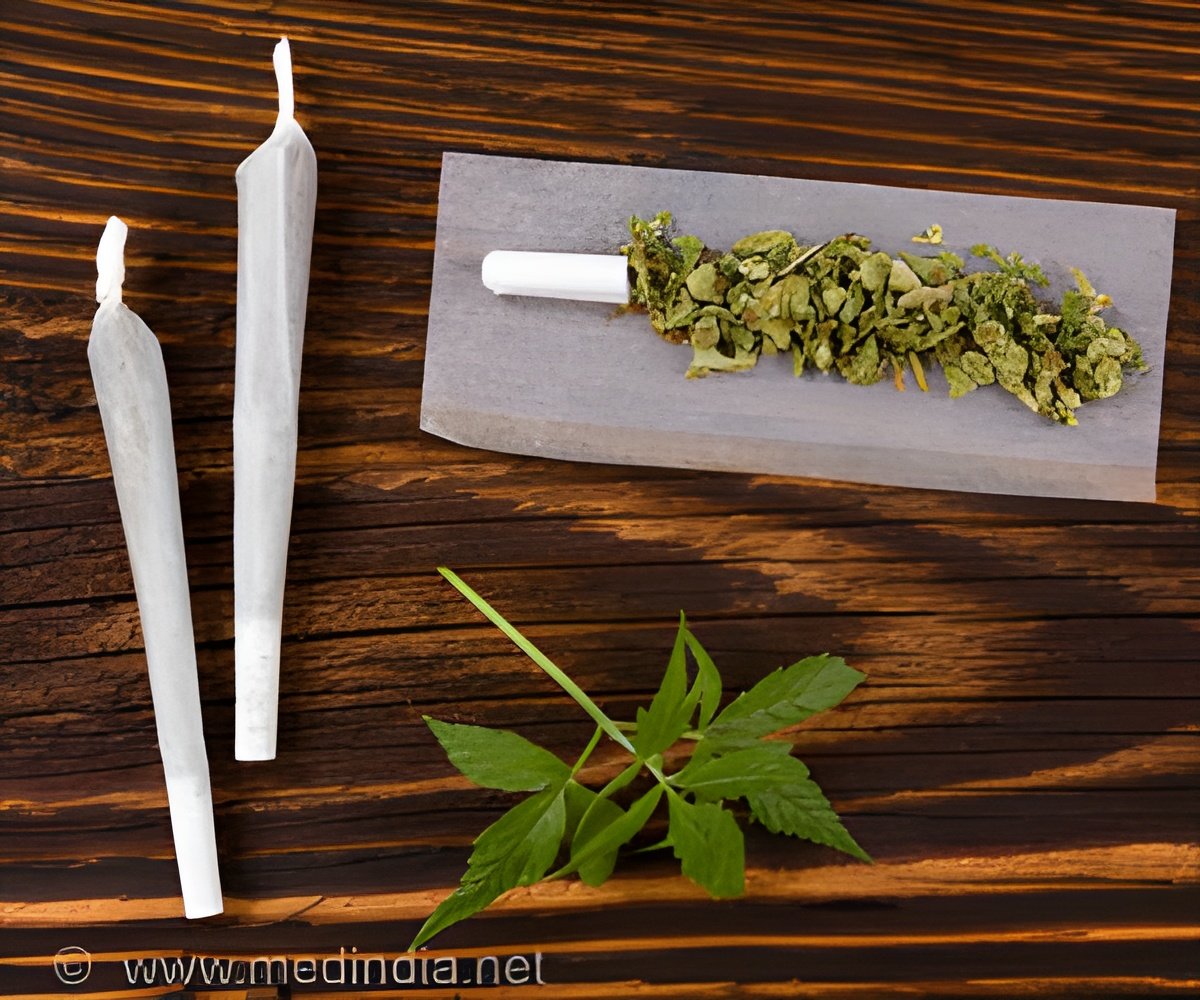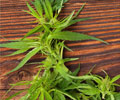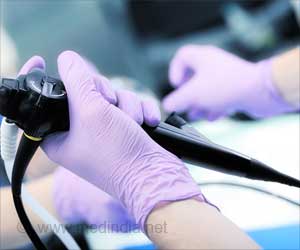Learn about the association between marijuana use and elevated nicotine levels in plastic surgery patients, highlighting potential risks for surgical complications.

Patterns of Marijuana Use and Nicotine Exposure in Patients Seeking Elective Aesthetic Procedures
Go to source).
‘Marijuana smoke contains #carcinogens and #irritants similar to those in #tobacco smoke, with similarly harmful effects on #lungs. #medindia
’





Health Risks of Marijuana and Nicotine
The rising prevalence of marijuana use raises concerns about potential side effects in surgical patients. Marijuana smoke contains carcinogens and irritants that are also found in tobacco smoke, with similar adverse effects on lung health.Nicotine hinders wound healing, which is particularly worrying for individuals undergoing plastic surgery. Healthcare providers face challenges in identifying patients who are exposed to nicotine due to the increasing popularity of marijuana and modern nicotine delivery technologies, such as vapes, as patients themselves may be unaware of it.
Dr. Ricci and colleagues examined the possible link between marijuana use and nicotine exposure in 135 consecutive patients who consulted a surgeon to discuss cosmetic plastic surgery. 29% of patients were women; the average age was 38 years. The patients were largely Hispanic, reflecting the demographics of the area served by the clinic.
Nicotine Levels in Plastic Surgery Patients
In a survey, 19% of patients reported active nicotine use while 20% reported marijuana use: marijuana alone in 7% of patients and both nicotine and marijuana by 13%. Levels of nicotine and the nicotine metabolite cotinine were compared between groups.The results showed elevated nicotine and cotinine levels among patients who said they used marijuana. The association was apparent not only in those who reported nicotine-containing products but also in those who denied any type of nicotine use.
Advertisement
"Patients may be hesitant to disclose their substance use history, possibly due to a lack of awareness about the perioperative risks associated with smoking and marijuana use," the researchers write. In 84 patients who went on to have plastic surgery, nicotine levels were lower compared to patients who did not undergo surgery.
Advertisement
Reference:
- Patterns of Marijuana Use and Nicotine Exposure in Patients Seeking Elective Aesthetic Procedures - (https:journals.lww.com/plasreconsurg/fulltext/2024/09000/patterns_of_marijuana_use_and_nicotine_exposure_in.19.aspx)
Source-Eurekalert













